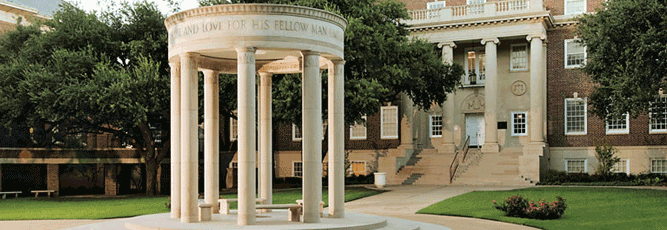Law and Business Review of the Americas

Abstract
On the evening of January 31, 2016, I sat down to follow a Sunday night routine shared by millions of Americans: I watched 60 Minutes. An hour later, I was mad. For the first time in my life I felt a little embarrassed to be a lawyer. What ruined my Sunday evening? I watched Steve Kroft's report on the Global Witness Investigation "Undercover in New York," in which an undercover Global Witness investigator visited thirteen New York lawyers. The investigator posed as a representative of a fictitious African government official who wanted to bring a large amount of suspicious money into the U.S. Only one lawyer immediately refused to help. The others "suggested using anonymous companies or trusts to hide the [M]inister's assets" and openly discussed "how to move suspect funds into the United States"'
It turns out that Global Witness investigation uncovered just the tip of the iceberg. The Panama Papers revealed lawyers in the United States and around the world engaging in this conduct on a massive scale for clients. What could have led all of these lawyers to believe they were entitled to help a client hide what were obviously the proceeds of overseas wrongdoing? Do lawyers just not know the rules? This paper suggests a more troubling reality: prevailing ethical rules do not expressly-and probably do not impliedly-prohibit U.S. lawyers from helping a client to break the law of a foreign jurisdiction. The rules do not expressly require a lawyer who "reasonably believes" a client is breaking the law-even U.S. law-to withdraw.
This article explains why these holes in the rules need to be addressed, and suggests some ways to tackle this issue. The article identifies the main risk of continuing to do nothing-a potential end to the social license that allows lawyers to be self-regulating, resulting in a loss of the independence of the bar.
Recommended Citation
Mike Donaldson,
Lawyers and the Panama Papers: How Ethical Rules Contribute to the Problem and Might Provide a Solution,
22
Law & Bus. Rev. Am.
363
(2016)

